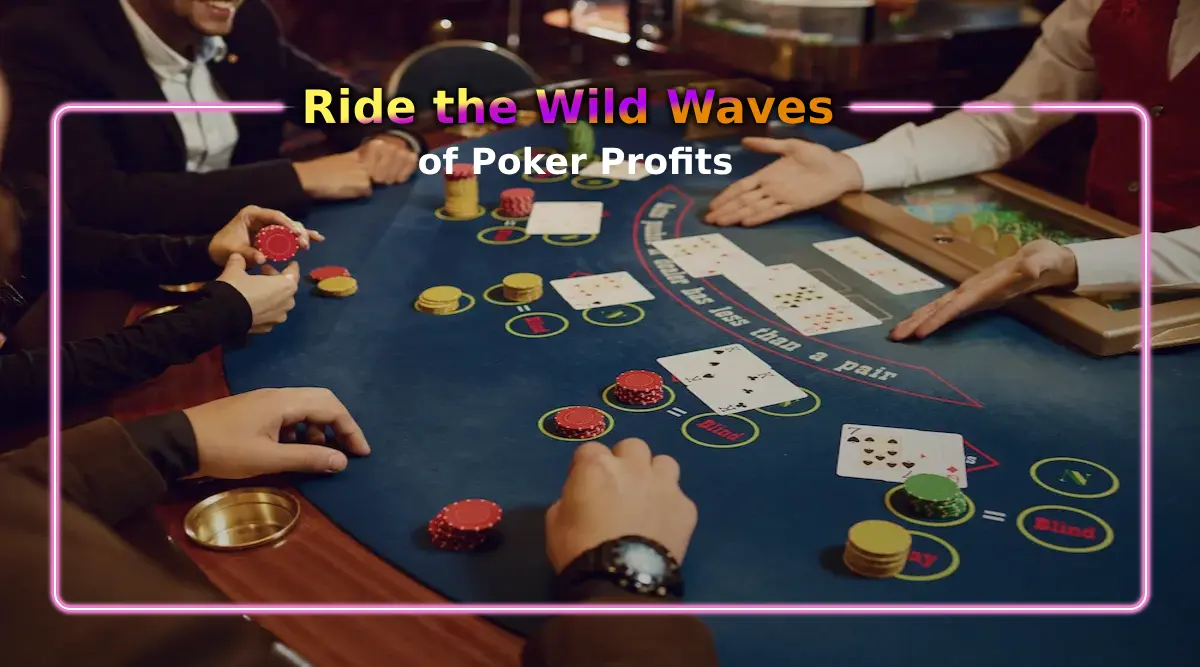
The Poker River is the fifth and final community card dealt in a round of poker. It is also known as the fifth street. The river is often the most important card in a hand, as it can make or break a player’s game and decide the outcome of the pot.
The river is important because it is the last chance for players in games such as Wild Texas Poker, or to improve their hand. After the river is dealt, there is one final round of betting before the players show their hands and the best hand wins the pot.
How to Play the Poker River
Poker continues to be one of the top casino games for many. There are a few key things to keep in mind when playing the Poker River:
Betting rules
The betting rules on the river are the same as the betting rules on the other streets of poker. Players can bet, call, raise, or fold.
Position
The position is even more crucial on the river than on the other streets in various types of poker games. Players seated in later positions garner additional information from their opponents’ actions, which empowers them to make more informed and potentially profitable decisions when the game progresses to this final stage. Understanding this strategic advantage is key across all poker formats, whether you’re playing Texas Hold’em, Omaha, or any of the other numerous poker variants.
For example, if you are in a late position while playing at your favorite online casino and you see your opponent check, you know that they are either weak or have a very strong hand. If you are in an early position and you see your opponent check, you don’t have as much information and it is more difficult to make a decision.
Pot odds
Pot odds are the ratio of the amount you need to call to the amount of money in the pot. It is important to consider your pot odds when deciding whether or not to call a bet on the river.
For example, in Caribbean Stud Poker, if there is $100 in the pot and your opponent bets $50, you have pot odds of 2:1. This means that you need to have a hand that is at least 33% likely to win in order to make the call profitable.













